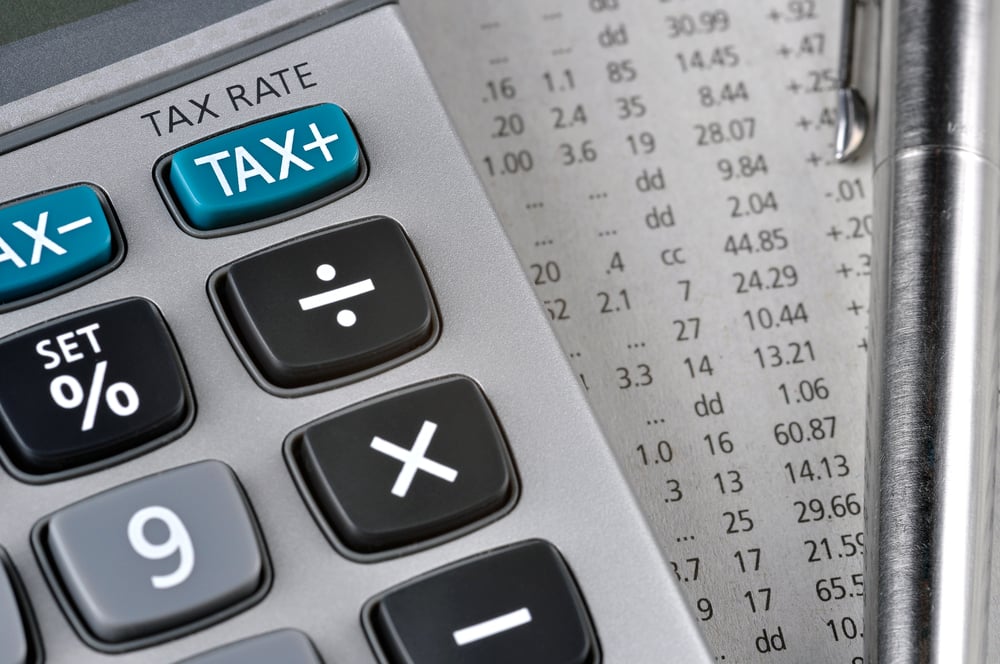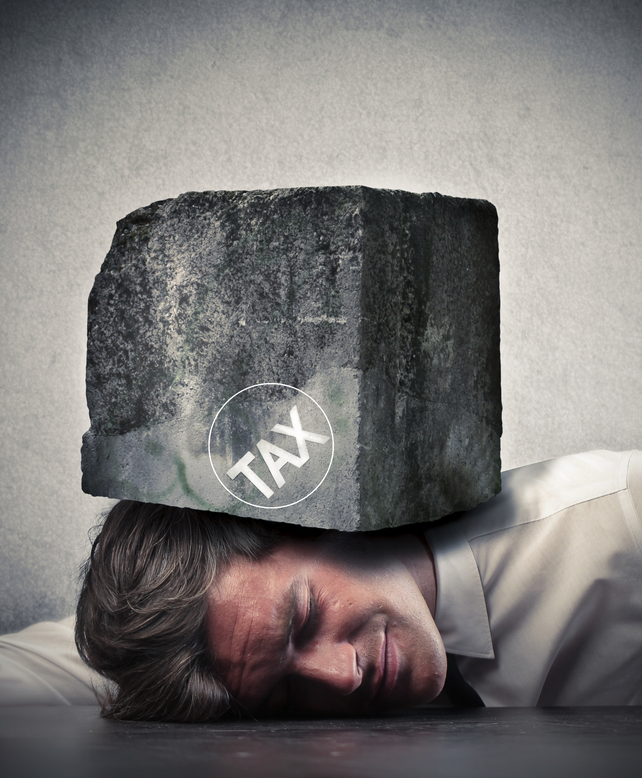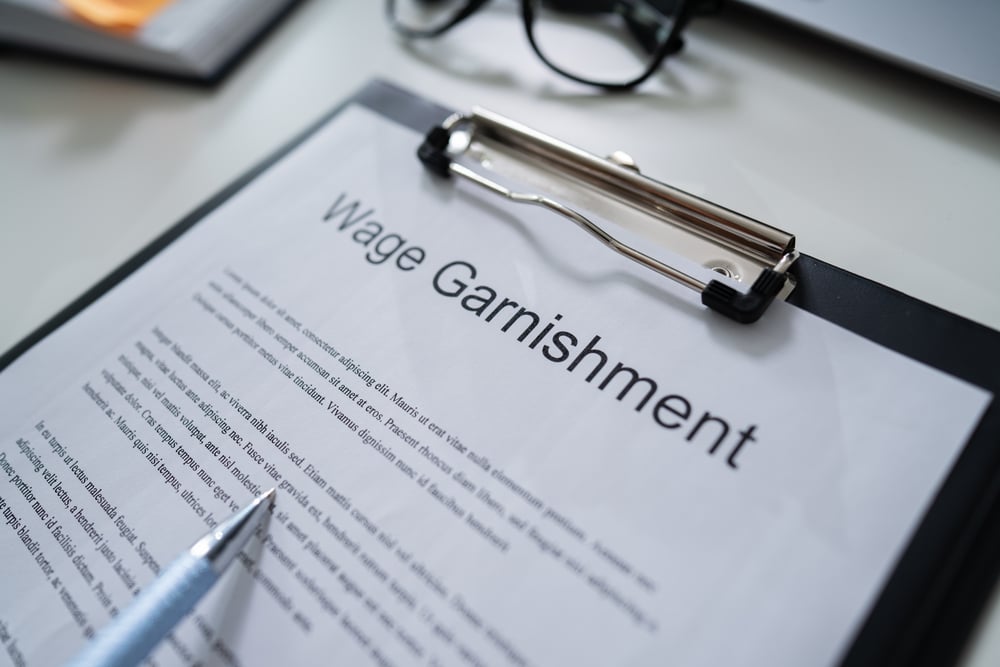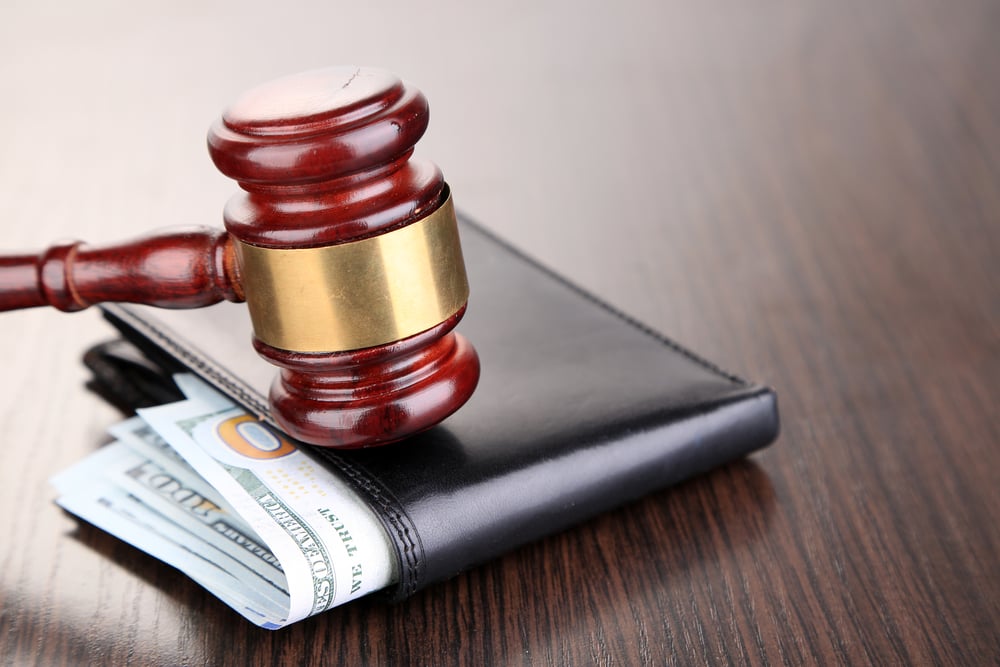
When you owe a debt to the IRS, you have every obligation to resolve it by any means possible. If you fail to pay your outstanding balance, the IRS will notify you of its intent to levy.
Before you receive this notice, however, you would do well to understand what this action could lead to and how it can impact your life. You also should learn what you can do to prevent the IRS from levying your money and your assets.
Read More >









